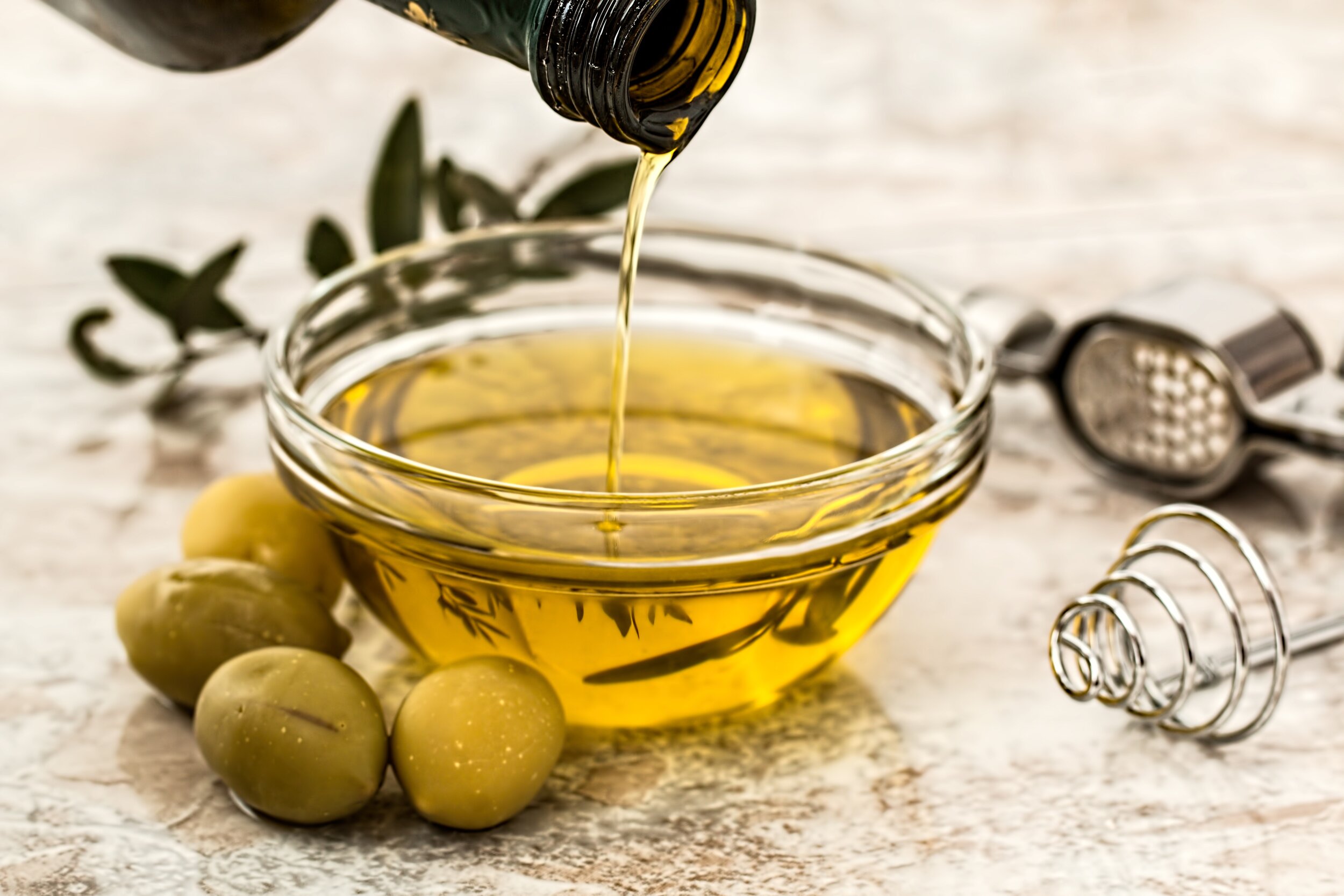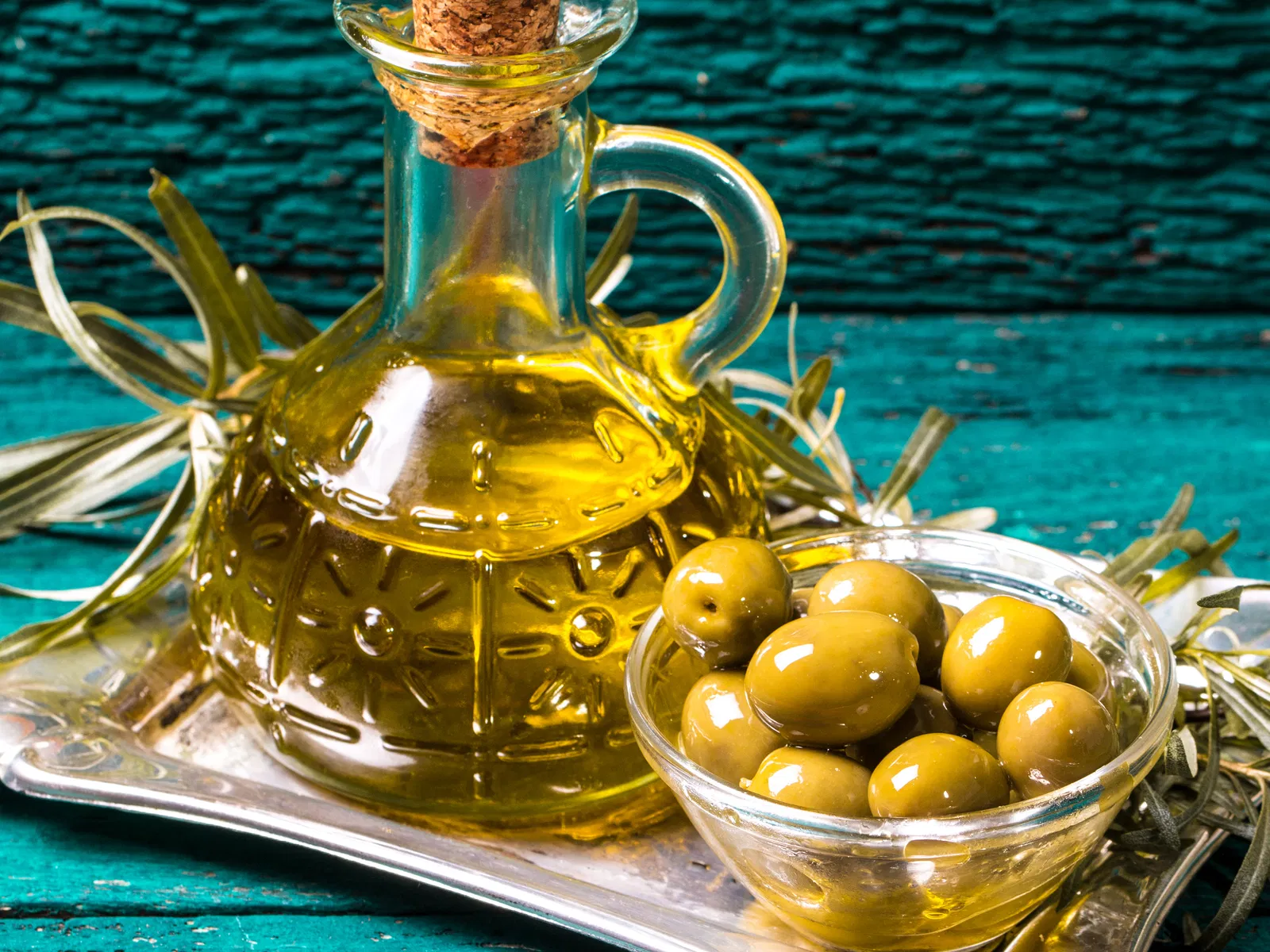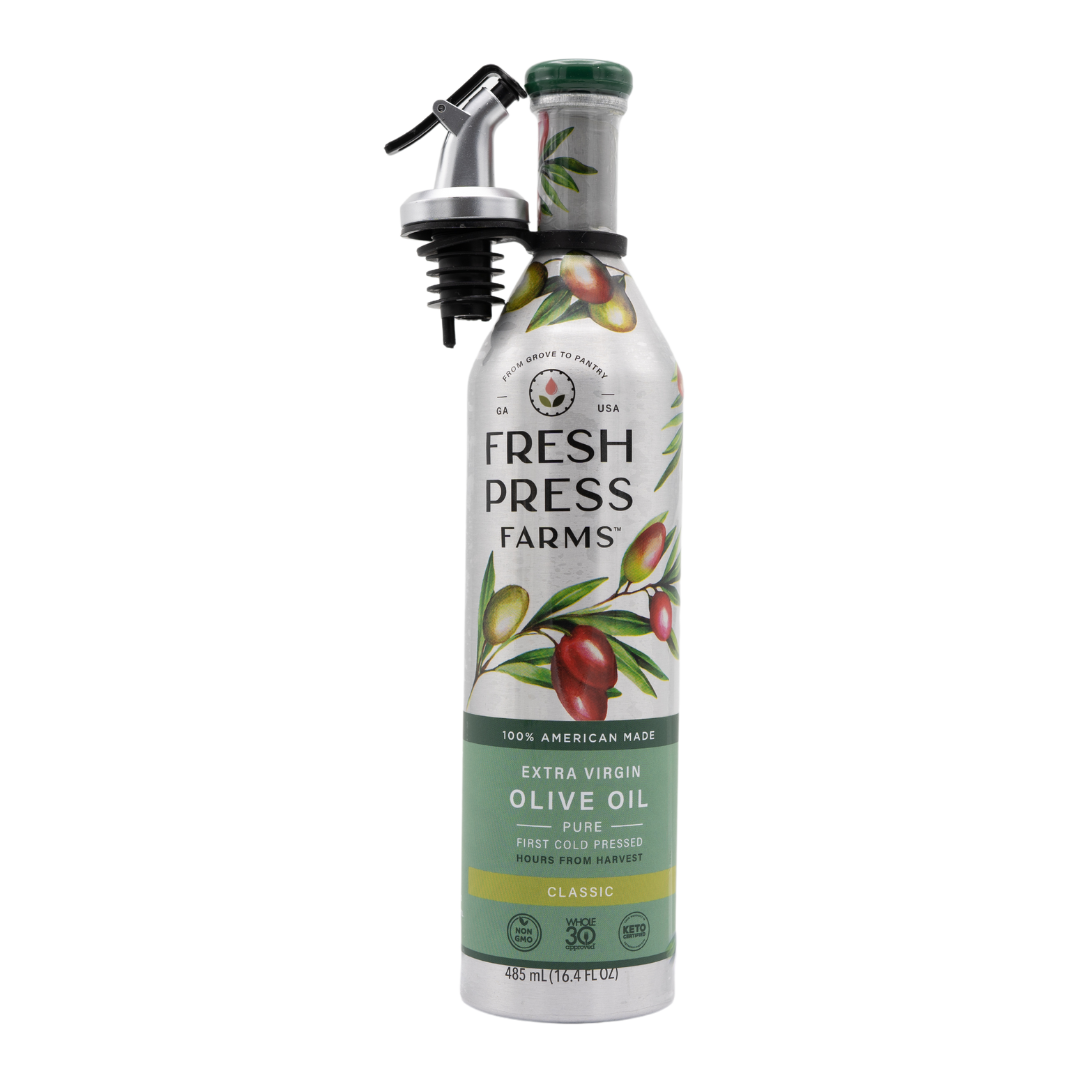The Top Extra Virgin Olive Oil Benefits That Can Transform Your Diet
The Top Extra Virgin Olive Oil Benefits That Can Transform Your Diet
Blog Article
The Necessary Overview to Recognizing Additional Virgin Olive Oil and Its Culinary Benefits
Extra virgin olive oil stands as a cornerstone of cooking excellence, differentiated not just by its remarkable quality yet also by its myriad wellness benefits. This oil, drawn out from the first pressing of olives, offers low level of acidity and a complicated taste profile that improves a varied range of meals.
What Is Extra Virgin Olive Oil?
Additional virgin olive oil (EVOO) is a high-quality oil originated from the initial pressing of olives, defined by its reduced acidity and abundant taste profile. This oil is thought about the finest quality of olive oil, meeting strict requirements for top quality and taste. To qualify as added virgin, the oil must be extracted via mechanical means without the use of warmth or chemicals, preserving the natural attributes of the olives.
EVOO is commemorated for its complex aroma, ranging from fruity to peppery, and its distinct preference that can differ based on the olive range and area of manufacturing. The wellness benefits of extra virgin olive oil are well-documented; it is rich in monounsaturated fats, antioxidants, and anti-inflammatory compounds, adding favorably to heart wellness and total health.
In culinary applications, EVOO is versatile, suitable for drizzling over salads, enhancing the flavor of cooked meals, and acting as a base for marinates. Its special taste account not just raises meals yet also plays a crucial role in Mediterranean cuisine, where it is an essential component. Comprehending EVOO's high qualities can enhance culinary experiences and promote healthier consuming behaviors.
How Additional Virgin Olive Oil Is Made

At the mill, the olives go through a strenuous cleaning process to eliminate any kind of dirt or leaves. They are then squashed right into a paste making use of conventional stone mills or modern-day steel mills. This step is important for launching the oil from the cells of the fruit. Following this, the paste undergoes malaxation, where it is gently mixed to help with the splitting up of oil from water and solids.
The following stage involves centrifugation, which uses rapid spinning to separate the oil from the remaining pulp and water. The resulting oil is then filteringed system to boost quality and security. Ultimately, added virgin olive oil is saved in dark glass or stainless-steel containers to protect it from light and oxidation, ensuring its remarkable flavor and high quality are protected up until it reaches consumers.
Wellness Benefits of Bonus Virgin Olive Oil
What makes added virgin olive oil a staple in healthy diets all over the world? Its abundant structure of monounsaturated fats, largely oleic acid, adds considerably to cardio health. Research studies have actually revealed that these healthy and balanced fats can minimize inflammation, lower negative cholesterol degrees (LDL), and enhance good cholesterol (HDL), therefore promoting heart wellness.
In addition, additional virgin olive oil is a potent resource of anti-oxidants, including polyphenols and vitamin E (extra virgin olive oil benefits). These substances assist combat oxidative stress and lower the danger of chronic diseases such as cancer cells and diabetes mellitus. The anti-inflammatory residential properties of additional virgin olive oil further improve its health advantages, making it a useful addition to an anti-inflammatory diet plan
Research has actually also shown that routine consumption of additional virgin olive oil might support cognitive feature and lower the threat of neurodegenerative illness, such as Alzheimer's. more In addition, its potential duty in weight management, when made use of in moderation, highlights its versatility as a healthful fat resource.
Culinary Uses and Applications
A foundation of Mediterranean food, additional virgin olive oil serves a wide range of cooking applications that boost flavor and boost recipes. Its abundant, nuanced taste account makes it an optimal choice for sprinkling over salads, smoked veggies, or roasted meats, conveying deepness and splendor.

Additionally, it operates as a necessary component in dressings, providing a base for vinaigrettes and luscious sauces, while improving the overall preference experience. Additional virgin olive oil can additionally be utilized as a finishing oil, included right before serving to accentuate the meal's aroma and taste profile.

Tips for Deciding On High Quality Olive Oil
Choosing quality olive oil can considerably enhance both taste and wellness advantages in your culinary endeavors. To guarantee you pick the very best product, consider the adhering to pointers.
First, try to find the designation "added virgin" on the label. This category indicates that the oil is made from the initial cool pushing of olives, maintaining the greatest level of taste and nutrients. Furthermore, check for a harvest day; fresher oils are normally better in both preference and health and wellness residential Read Full Report properties.
Next, take into consideration the resource. Oils from regions recognized for top notch production, such as Italy, Spain, and Greece, often produce exceptional items. Search for single-origin oils, as they usually give a more genuine flavor account compared to blends.
Check out the packaging, also. Quality olive oil ought to be saved in dark glass bottles or tins to shield it from light and oxidation. extra virgin olive oil benefits. Stay clear of clear plastic bottles, as they reveal the oil to light, which can degrade its top quality
Conclusion
To conclude, extra virgin olive oil stands as a costs oil, celebrated for its outstanding flavor and many wellness benefits. Its manufacturing procedure, which involves chilly pushing, guarantees the retention of crucial nutrients and antioxidants. The diverse cooking applications enhance various meals, making it a functional ingredient. Choosing high-grade extra virgin olive oil is crucial for maximizing both flavor and health buildings, enhancing its status as a staple in healthy cooking and nutritional techniques.
Additional virgin olive oil (EVOO) is a high-grade oil acquired from the initial pushing of olives, identified by its reduced level of acidity and abundant taste account.The production of added virgin olive oil begins with the cautious harvesting of olives, which are commonly handpicked to protect against damages to the fruit. Added virgin olive oil is saved in dark glass or stainless steel containers to secure it from light and oxidation, guaranteeing its outstanding taste and high quality are protected until it reaches customers.
In verdict, additional virgin olive oil stands as a premium oil, celebrated for its exceptional taste and many health and wellness benefits. extra virgin olive oil benefits. Selecting high-quality added virgin olive oil is essential for enhancing both flavor and wellness learn this here now properties, enhancing its condition as a staple in healthy food preparation and dietary practices
Report this page